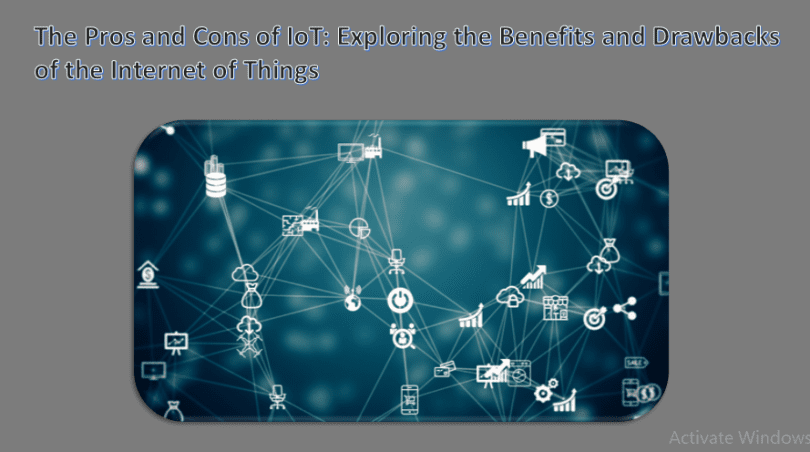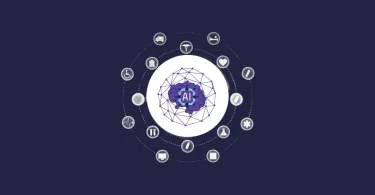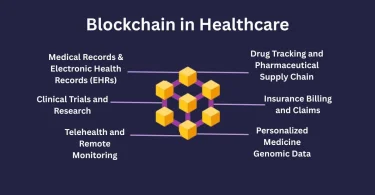Advantages and Disadvantages of IoT: The Internet of Things refers to a networked system consisting of multiple computing devices, mechanical machines, objects, animals or individuals that possess unique identifiers and the ability to transfer data across a network without requiring direct human or human-computer interaction.
Pros/Benefits/Advantages of IoT
The Internet of Things (IoT) offers multiple benefits that enhance our daily lives.
Some of these advantages include being following…
Automation and Minimized Human Effort
IoT devices are capable to communicate and interact with each other, automating tasks and reducing the need for human intervention, hence improving service quality.
Time Savings
By minimizing human effort, IoT saves significant portions of time, making it a primary advantage of the IoT platform.
Enhanced Data Collection
IoT gadgets provide easy access to real-time information from anywhere, allowing consumers to stay connected and access data remotely on any device.
Improved Security
Interconnected IoT systems enable smarter control over homes and cities through mobile devices, enhancing security and personal protection.
Efficient Resource Utilization
IoT enables better monitoring and utilization of natural resources by providing insights into device functionality and operations.
Reduced Use of Electronic Equipment
Direct connectivity between devices and centralized control via devices such as mobile phones promotes efficient electricity use, reducing unnecessary consumption.
Applications in Traffic Systems
IoT-based tracking systems offer cost-effective solutions for asset tracking, delivery, surveillance, traffic management, inventory control, order tracking and customer management.
Safety Benefits
IoT devices are capable to detect potential dangers and providing warnings, improving safety measures.
Healthcare Industry Applications
IoT enables real-time patient care without requiring physical visits to doctors.
Cons/Drawbacks/Disadvantages of IoT
While IoT offers advantages, it also presents certain drawbacks that are below here…
Security Concerns
Interconnected IoT systems are susceptible to network attacks, compromising security despite implemented measures.
Privacy Issues
IoT systems collect and transmit detailed personal data without active user participation, raising concerns about privacy.
Increased Unemployment
Automation of various tasks through IoT technologies puts unskilled and skilled workers at risk of job displacement, leading to higher unemployment rates.
System Complexity
Designing, developing, maintaining and enabling extensive IoT technologies is complex and challenging.
System-wide Vulnerability
A bug or vulnerability in the system can potentially corrupt all connected devices, posing a significant risk.
Lack of Standardization
The absence of international compatibility standards for IoT devices makes communication between devices from different manufacturers problematic.
Dependency on the Internet
IoT devices heavily rely on internet connectivity and their effectiveness is reduced without a stable internet connection.
Reduced Mental and Physical Activity
Over-reliance on smart devices and technology can lead to decreased physical and mental activity, as individuals become dependent on devices, resulting in inactivity.
Conclusion
IoT offers numerous advantages, such as automation, time savings, enhanced data collection, improved security, efficient resource utilization and applications in various sectors.
However, it also presents challenges, including security concerns, privacy issues, increased unemployment, system complexity, lack of standardization and dependence on the Internet. Careful consideration of both the benefits and drawbacks is essential for the effective and responsible utilization of IoT technology.




Leave a Comment